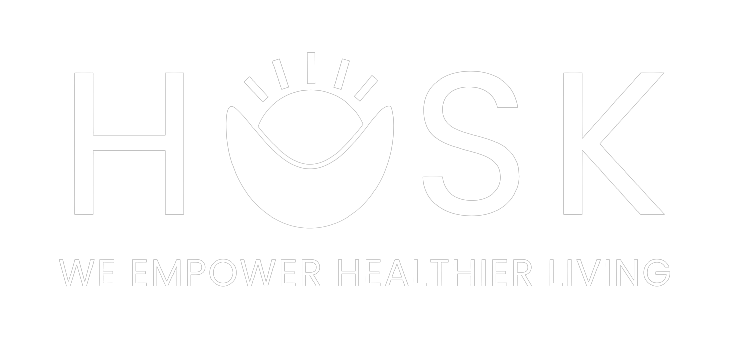
Thinking About Therapy? Here’s What to Expect
Curious about therapy? Let me help you ease your nerves by giving you a general and quick rundown of the basics! Sessions usually last 45-60 minutes, typically occurring weekly or bi-weekly. You’ll talk about your thoughts, feelings, and experiences in a confidential setting. Your therapist will offer support and guidance, using evidence-based techniques tailored to your needs. Together, you’ll set goals and develop coping strategies.
This collaborative approach is key to successful therapy.The focus is on improving your mental health and well-being, with progress tracked over time. Different types of therapy (like Cognitive Behavioral Therapy, Psychodynamic Therapy, or Humanistic Therapy) may be used depending on your specific needs. It ’s normal to feel a range of emotions during and after sessions – therapy can be challenging but rewarding work.
The therapeutic relationship is important – it’s okay to try different therapists to find the right fit. Therapy is all about providing you with tools to better understand and manage your emotions, improve relationships, and enhance your overall quality of life.
If you are seeking personal support, connect with a therapist here. If you are interested in offering mental health services to your employees connect with a member of the Husk team here.
Written by Dr. Joelle Giacomo, DSW, LCSW (Licensed in PA & NJ)
Sources.
American Psychological Association. (2021). Understanding psychotherapy and how it works.
Norcross, J. C., & Lambert, M. J. (2018). Psychotherapy relationships that work III. Psychotherapy, 55(4), 303-315.
National Institute of Mental Health. (2021). Psychotherapies.
Ardito, R. B., & Rabellino, D. (2011). Therapeutic alliance and outcome of psychotherapy: historical excursus, measurements, and prospects for research. Frontiers in Psychology, 2, 270.
Mental Health
Movement
Marketplace
Nutrition
Physical Therapy
Rewards
HUSK Pro
Company
About
Contact
Press
Blog
© 2024 – HUSK | All rights reserved | Privacy Policy

